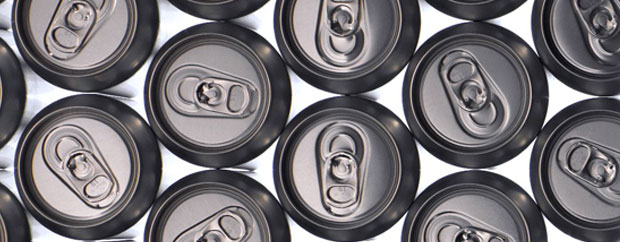
Aluminum is the metal with the higher value/availability ratio on the market (350 €/ton for recycled aluminum), there are other materials such as gold or copper which have higher values, but none of these is present in amounts similar to those of aluminum.
To produce the aluminum requires an electrolysis process that request arrives at 15.7 kW/h to produce one kilogram of this material, by using aluminum instead of recycling is also possible to reduce this cost by using only 5% of these energy. Precisely for this reason the recycling of aluminum is very important for the industry and are being developed numerous methods to retrieve it.
The aluminum can be recovered many times and there are specific categories of industrial furnaces for melting aluminum scrap coming from urban waste and enhance it again for future use.
The purification process of the aluminum is carried out in 3 phases:
- Are passed to the waste differentiated within a separator, which separates the aluminum from other magnetic metals and from different materials (glass, plastic, …).
- Is pretreated metal compacted coming from the separators by heating to 500 °C to remove materials such as paints and labels.
- The remaining material is melted at a temperature of 800 °C to obtain liquid aluminum to be melted into ingots.
Thanks to these technologies, the simple recycling process is very fast and allows the “same” can of return in supermarkets to record time of 90 days prior !



